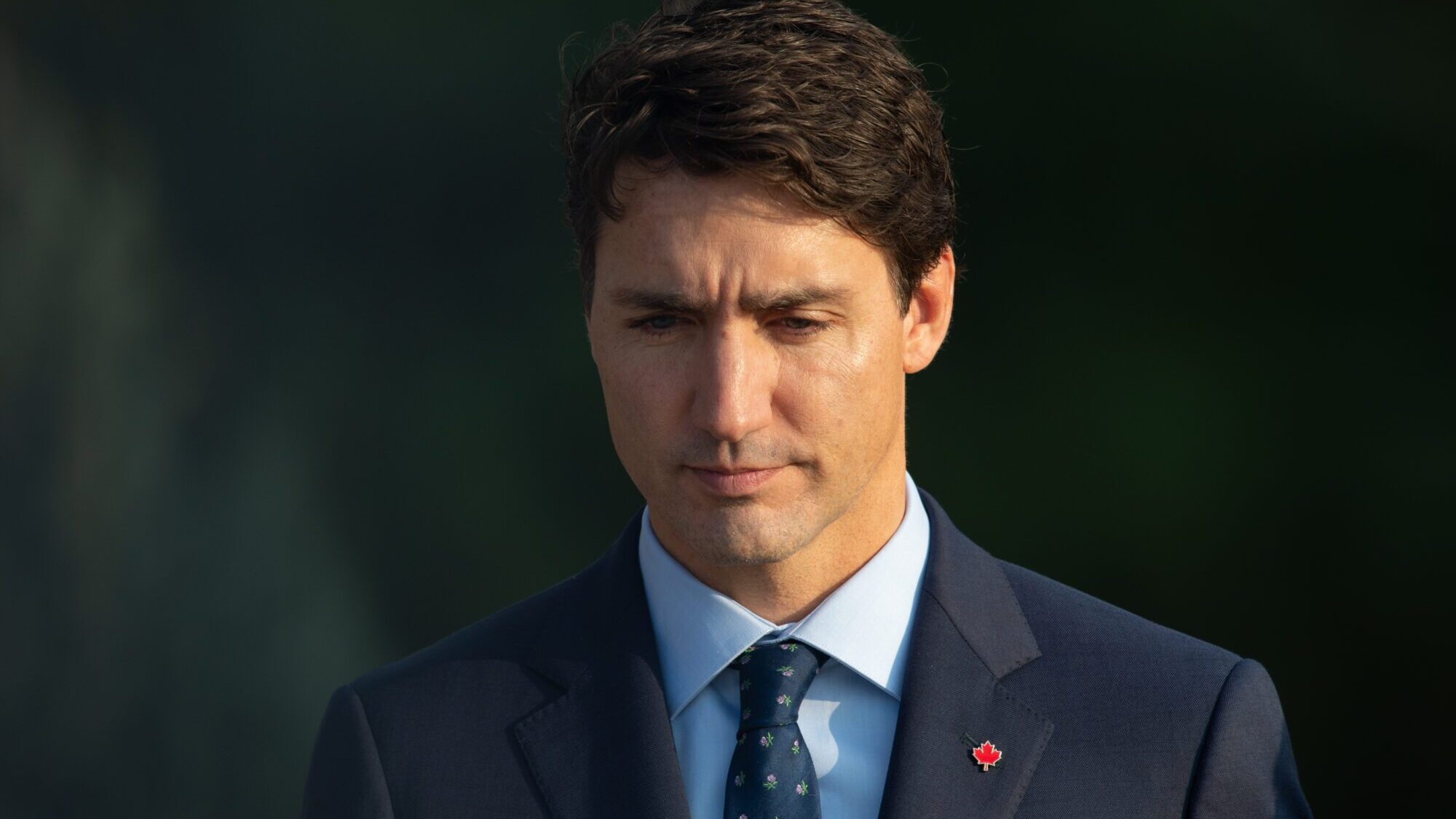
The Canadian government recently passed a bill that would force social media companies to pay for links to news websites in Canada, to help Canadian news companies increase revenue.
Meta, the owner of Facebook and Instagram, had threatened to end news access for Canadians as a result of Bill C-18, known as the Online News Act. It has made good on that threat, announcing on Tuesday, August 1st, it will be blocking news content for Canadians within the next several weeks, broadcaster CBC reports.
Rachel Curran, the head of public policy for Meta in Canada stated, “in order to provide clarity to the millions of Canadians and businesses who use our platforms, we are announcing today that we have begun the process of ending news availability permanently in Canada.”
“In the future, we hope the Canadian government will recognise the value we already provide the news industry and consider a policy response that upholds the principles of a free and open internet,” she added.
The new announcement comes after Meta had already been blocking news content for some Canadians, as Bill C-18 received Royal Assent and became law in June, although it has yet to come into force.
Meta has consistently voiced its opposition to Bill C-18, stating in early June that the bill is “fundamentally flawed legislation that ignores the realities of how our platforms work, the preferences of the people who use them, and the value we provide news publishers.”
The tech giant has refused to pay for links to news websites and noted that to comply with the legislation it would have to block news links on its platform.
The Canadian government has justified the Online News Act, claiming that since 2008, 470 media outlets across the country have been forced to close for economic reasons, and many large media outlets rely on large amounts of government funding to stay afloat, with the government spending hundreds of millions of dollars.
Prime Minister Justin Trudeau has slammed Meta for its actions, saying, “the fact that these internet giants would rather cut off Canadians’ access to local news than pay their fair share is a real problem, and now they’re resorting to bullying tactics to try and get their way. It’s not going to work.”
Former Heritage Minister Pablo Rodriguez was also a staunch supporter of the bill and claimed that Meta’s threats would be unpopular with Canadians and that the threats from the company only served to motivate him.
However, in a recent cabinet shuffle, Prime Minister Trudeau replaced Mr. Rodriguez with Pascale St-Onge, who has expressed just as much support for C-18 and stated this week that Meta’s actions were “irresponsible.”
“They would rather block their users from accessing good quality and local news instead of paying their fair share to news organizations,” she said and claimed the government would “stand its ground” against the social media giant.
Canadian Conservative Party leader Pierre Poilievre likened the law to George Orwell’s dystopian classic Nineteen Eighty-Four, saying, “who would ever have imagined that in Canada the federal government would pass laws banning people from effectively seeing the news?”
Canada’s law is largely modelled on similar legislation that was passed in Australia in 2021, which also required social media companies to pay for news content.
While social media companies threatened Australians with the same blocking of access, the two sides were eventually able to come to a compromise, as the Austrian law allowed negotiations between private parties outside of the scope of the regulations.
Meta’s Rachel Curran noted in June that, unlike the Australian law, the Canadian bill does not allow for private negotiations. “I wish there was a way to reach deals or come to some kind of compromised solution outside the framework of Bill C-18,” she said and added, “but there’s really not.”
